Humans are creatures of habit. In fact, we perform 40% of our daily tasks and activities in the exact same way every day.
When you look at it that way, so much of your daily productivity boils down to your habits. Are they promoting productivity — or are they standing in the way of you getting as much done as you could?
Luckily, habits aren’t set in stone. We can change our existing habits, or we can build and reinforce new ones. And if you’re looking for habits to heighten your daily productivity, the nine we’ve highlighted below will set you on a path to becoming your most productive self.
Small changes are the key to lasting habits
Before we dive into the habits themselves, let’s talk about how to build a habit.
This can be intimidating, especially when it comes to changing existing habits or eliminating bad ones. It’s human nature to be set in your ways!
But while many people think building new habits requires sweeping changes that will be difficult to stick to, that’s not the case. Experts actually say that eliminating bad habits and building better ones is best done through making small changes over time — changes you can stick to.
In his book Atomic Habits, productivity expert James Clear summarizes some of the most recent research. What he calls an “atomic habit” is a small change that’s easy to make that you incorporate into your routine and practice regularly over time. These are the habits that help build systems to increase productivity, Clear says — they seem small and unimportant at first, but compound into results if you keep making small changes and stick to them over the long-term. He writes:
“Success is the product of daily habits — not once-in-a-lifetime transformations. If you want to predict where you’ll end up in life, all you have to do is follow the curve of tiny gains or tiny losses, and see how your daily choices will compound 10 or 20 years down the line”.
No matter what new habits you want to establish, the key is to make small steps. For the nine habits listed below, we’ll also talk about some of the small steps you can make when starting to implement them.
Increasing daily productivity: 9 productivity hacks and habits
The internet is full of productivity tips that aren’t that actionable — or even necessarily helpful! So many common productivity tips recommend dramatic, unsustainable changes, inflexible routines, and others that just don’t work with many people’s lifestyles.
The nine habits below will help make your days more productive, and we’ll explain how — as well as how to get started when implementing each of these habits.
Create a morning routine that sets you up for success
Waking up each day and having a morning routine that helps you prepare to be your most productive self will ensure that every day starts on the right foot.
Many productivity experts will extoll the benefits of a rigorous morning routine that includes a 4 AM start, a workout, and green juice for breakfast. But what’s actually most important is creating a routine that leans into whatever helps you feel productive and ready to tackle the day.
Take award-winning entrepreneur and New York Times bestselling author Sophia Amoruso. When we asked about her morning routine, she said:
“I wake up, drink coffee, and sometimes go for a walk in my neighborhood. I live up in the hills in LA, so even in the city I get quiet and peace. I play to my strengths: I’m not a morning person, so I like to keep my mornings open, unless I need to schedule early calls. I also don’t like working late into the evening, though there are times where I do. I’m most productive between 11 AM and 3 PM, so I generally try to compress everything to the middle of the day — stacking things pretty close together so I’m not tethered to my office”.
When creating a morning routine, the first step is to identify your most productive time to work. If you’re a morning person who’s most creative in the early hours, your morning routine might involve jumping right into a deep work session. But if you find that you don’t really hit your stride until the middle of the day, like Amoruso, or even later, build a morning routine based on things that bring you peace or joy — spend time journaling, do some daily affirmations, do a workout, or cook a gourmet breakfast. The key here is that your morning routine should be yours.
When it comes to making small changes that are sustainable, start with just one morning habit that you want to build into your routine. Start performing that habit every day, and wait a few weeks to incorporate more habits into your routine. Remember that building habits is a long game, and your routine is more likely to become habit if you build it gradually over time.
Use prioritization strategies to narrow down your to-do list
Do you ever feel like you just don’t have enough time to get through everything on your to-do list? You know that procrastination isn’t to blame — you work all day long — but the list never seems to get any shorter. If this sounds like you, your to-do list itself might be the issue.
Many of us tend to put things on our to-do lists that don’t really need to be there. Then, we spend so much time on unnecessary tasks that we struggle to get to the important parts of our jobs. The solution to this is prioritizing your to-do list — making sure only tasks you truly need to do are on your list, and then focusing on the most important tasks first.
There are many different prioritization frameworks that exist, but one of my favorites is the Eisenhower Matrix, based on this quote from former President Dwight D. Eisenhower: “What is important is seldom urgent and what is urgent is seldom important.”
With the Eisenhower Matrix, you separate tasks on your to-do list into four categories:
- Urgent and important: tasks you do right away
- Not urgent, but important: tasks you work on once your urgent and important tasks are finished
- Urgent, but not important: tasks you delegate to someone else (or simply eliminate from your to-do list)
- Not urgent and not important: tasks you remove from your to-do list
If your to-do list is particularly long and complex, it might benefit from a prioritization like the Getting Things Done (GTD) method, popularized by author and productivity consultant David Allen. The GTD method uses a step-by-step system to organize and move through long to-do lists quickly.
The GTD method involves five steps:
- Capture: moving tasks from your brain to an external source, like a task manager, which becomes your to-do list.
- Clarify: going through tasks one-by-one to decide whether each one is immediately actionable.
- Organize: Determining the next step for immediately actionable tasks, and putting less immediate tasks onto different to-do lists or in the trash.
- Reflect: Reviewing your inbox to clear out finished tasks and to clarify and organize new tasks.
- Engage: Sorting immediately actionable steps by context, time available, energy available, and priority to determine the order in which you complete them.
Different prioritization frameworks work for different people. If this is a habit you’d like to build, trying different frameworks to see what works for you (and what doesn’t) can be a good first step.
Set aside time each week to plan your daily schedule
A great way to be productive is to know what important tasks you have coming up before each workday even begins. For that, it helps to set aside time every week to plan out your schedule for the upcoming workweek.
Many productivity experts (and some of the world’s most productive people!) swear by calendar blocking, a practice of designating blocks of time to different tasks and scheduling them into your day ahead of time. The most serious calendar blockers schedule every task, including things like chores, workouts, and personal errands.
But you don’t have to go that far. Creating productive habits is all about finding what works for you, so even using a daily planner to set goals or keep track of deadlines for each day can be effective.
To start building this habit, see if you can create one calendar block per day. It might help if it’s at the same time each day — say, a block of time from 11 AM to noon that’s dedicated to a specific task each day. When you plan out your schedule for the week, plan what task you’ll work on during that calendar block each day. Then, stick to it — no scheduling calls or meetings, checking email, scrolling social media, or grabbing a coffee during that calendar block. Stick to your scheduled task for the entire block every day.
If this is effective, then over time you can add more calendar blocks throughout your day, and gradually work toward calendar blocking your entire schedule.
Avoid distractions during work time
Avoiding distractions is one of those things that’s easier said than done. Distractions are all around us, and some (like social media) are even designed to be as addictive as possible.
But the antithesis to distraction is deep work, something you can build into your day when scheduling your week’s tasks. This means removing as many distractions as possible — turn off notifications, put your phone in a different room, block time-wasting sites from your browser, put on noise canceling headphones, and whatever else it takes — and doing deeply focused work for a set block of time.
More strategies for avoiding distractions at work include:
- Taking short “distraction breaks” in between sessions of deep work or time spent working on important tasks.
- Removing distracting devices from your workspace.
- Creating communication boundaries with your colleagues (for example, telling them you aren’t available to take video or phone calls during parts of the day when you’ve scheduled deep work sessions).
- Avoiding multitasking whenever possible.
- Using tools meant to help cut down on digital distractions, like OneTab, Forest, Pocket, or Superhuman.
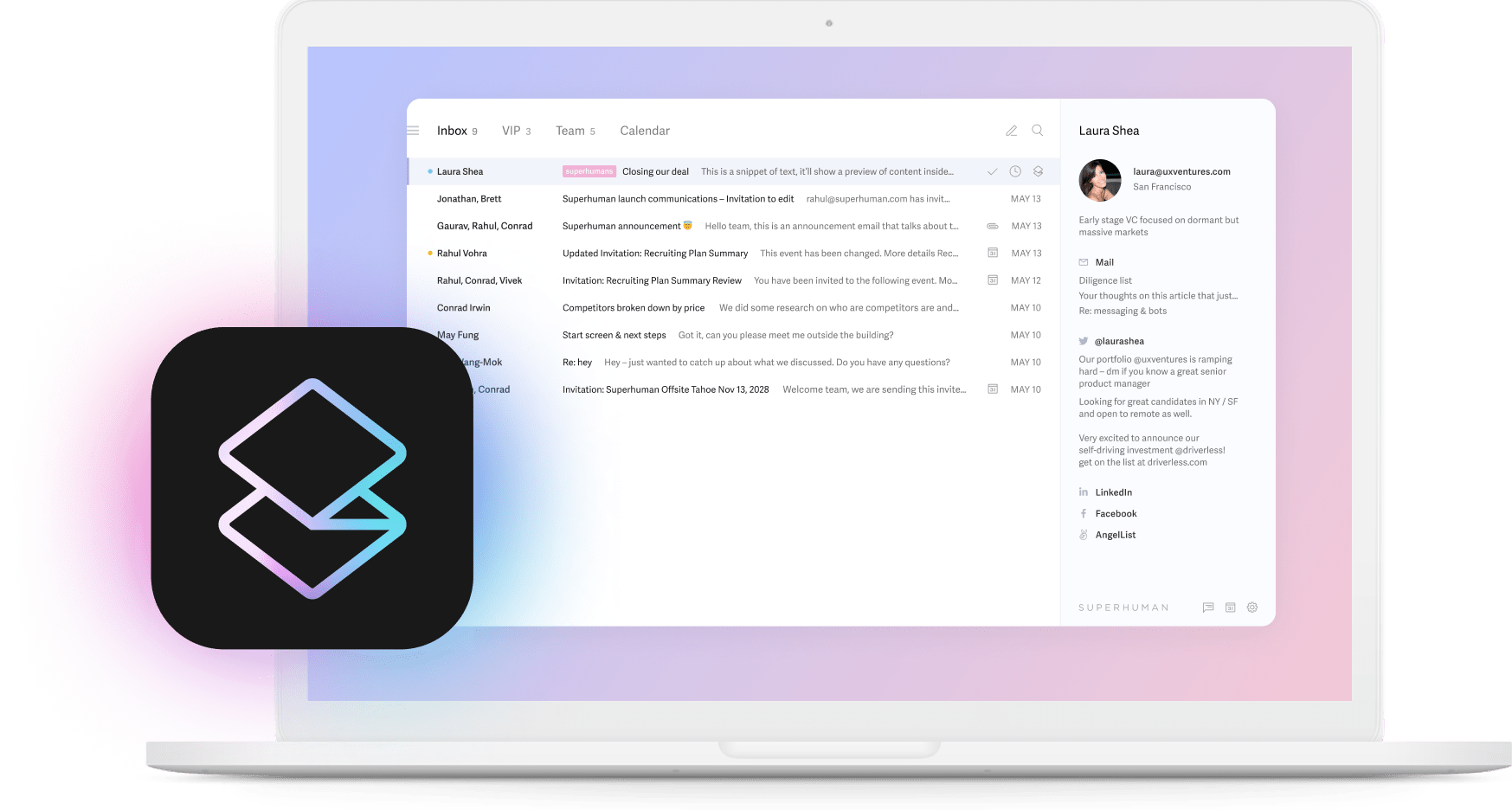
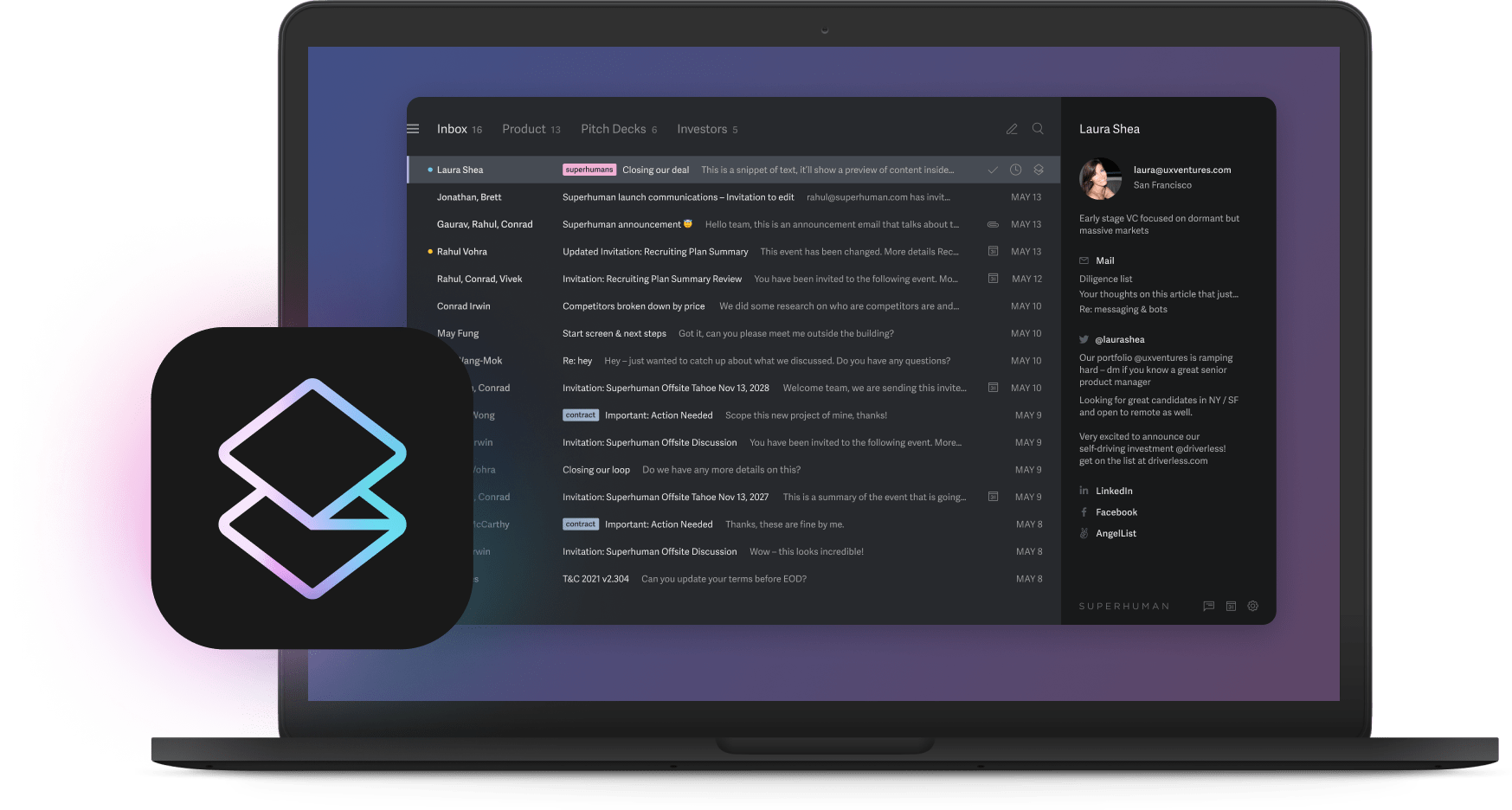
Cut down on unnecessary meetings
According to recent research, the average professional spends 21.5 hours per week in meetings. That’s more than half of a traditional, 40-hour workweek! And if those meetings aren’t all productive (or even necessary to have), they can create serious barriers to productive work.
Entrepreneur, investor, writer, and speaker Hitha Palepu recently told us about how she learned to say no to meetings, and unlocked powerful potential to get more done in the process:
“One thing I’ve noticed is that I say no to a lot more meetings now. If I know I don’t have anything to contribute, I’ll check in to say, ‘can you let me know why my participation is required?’ I want to make sure I have value to offer. And if not, I’m happy to let it go. This has been a big one”.
The first step you can take toward building a habit of avoiding unnecessary meetings is conducting a meeting audit to ensure the ones you have are effective and adding value for all participants. Then, you can remove meetings that aren’t valuable or necessary, relying on asynchronous communication tools instead.
Use a time tracker to analyze how you spend your time at work
One of the best ways to increase your productivity is to have a deep understanding of how you actually spend your time at work. Think about it: have you ever had an absolutely packed day, then realized at the end that you were so busy you don’t really know what you were working on all day — or if you even accomplished anything important?
A time tracking tool can combat this. Look for a time tracker that has analysis features to help you break down your time at work and see what you work on, the amount of time you spend on different tasks or types or work, and where you might be inadvertently wasting time. Even better if your time tracker is automated so it tracks your work without any manual input.
Some time trackers we love include:
- Toggl Track: a powerful free time tracker
- ATracker: a fully customizable tracking app
- TrackingTime: great for visualizing how you spend your time
- RescueTime: a time tracker and distraction blocker in one
Using a time tracker to better understand how you spend your time is one of the first steps you can take toward building better time management habits.
Use the right tools to help boost your productivity
In addition to a time tracker, there are tons of other powerful technology tools designed to help boost productivity.
From communication tools to task managers, automation tools to virtual assistants, note taking tools, databases, knowledge banks, and more, productivity tools cover a wide range of needs, and anyone should be able to find a tool that helps them streamline their workflows or processes, spend less time on unnecessary work, collaborate more seamlessly with their colleagues, or avoid distractions.
Check out 16 business productivity tools to supercharge your team for more ideas


Create both long- and short-term goals
Many people don’t consider that goal-setting is a skill that takes time and practice to master. But setting (and working toward) both long-term goals and short-term goals is a key habit for boosting productivity.
It can help to use a framework to set and achieve goals. One popular option is the SMART Goals framework, for which all goals must be:
- Specific
- Measurable
- Actionable
- Rewarding
- Time-bound
For example, let’s say I have a goal to drink more water. That goal is a little vague, so let’s adapt it to fit the SMART Goals framework:
- Specific: I want to drink five glasses of water per day.
- Measurable: I will use my iPhone’s fitness app to track my water intake.
- Actionable: I will drink my first glass of water when I wake up, and set alarms for refilling my glass throughout the day.
- Rewarding: Staying hydrated helps me feel more energetic.
- Time-bound: I will be regularly drinking five glasses per day within 30 days of setting this goal.
Practicing goal-setting is the only way to get better at it, and it’s a great way to keep you on track and productive. To start, identify a short-term goal and apply a framework to make it as achievable as possible. As goal-setting becomes more of a habit, set both long- and short-term goals and work toward them consistently.
Unplug and rest every day
Finally, a habit that often gets overlooked is what you do after work. It’s important to make it a part of your daily routine to unplug, rest, and relax to prepare for the next day of work.
This can also include self-care — everything from getting enough sleep, exercising, and eating healthy to nurturing friendships and other relationships, pursuing hobbies, and doing other things that bring you fulfillment outside of work. Self-care is an important tool to combat burnout, which can be an unintended consequence of spending too much time seeking maximum productivity.
At the end of the day, make sure to leave time for yourself — because taking care of your body and mental health has a direct impact on your productivity.
Productive habits start with small steps
No matter which of these habits you want to build into your own life, the key to establishing any habit as a long-term part of your success is to take small, sustainable steps toward it. Starting with one small step today may feel inconsequential, but today’s small step is the only way to start building tomorrow’s good habit.
To create more time in your schedule for focusing on habits, use Superhuman to save hours every week on email.


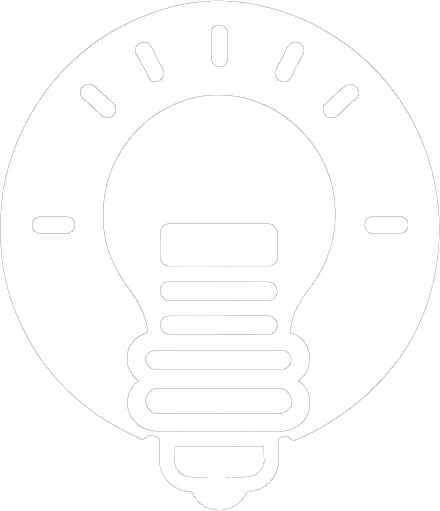

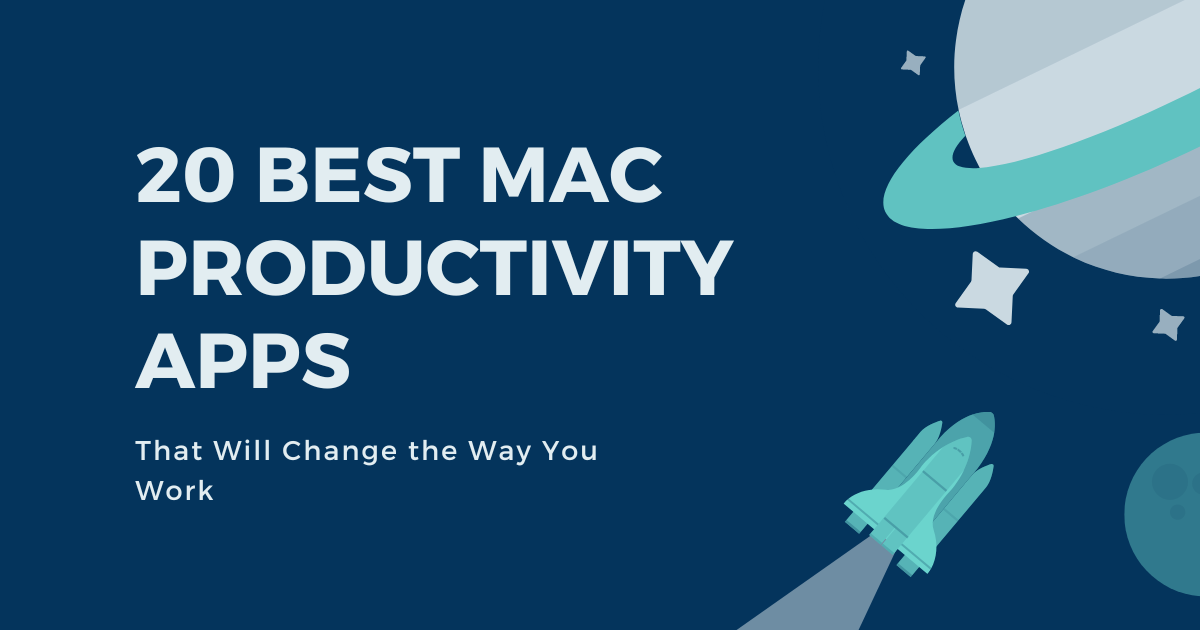
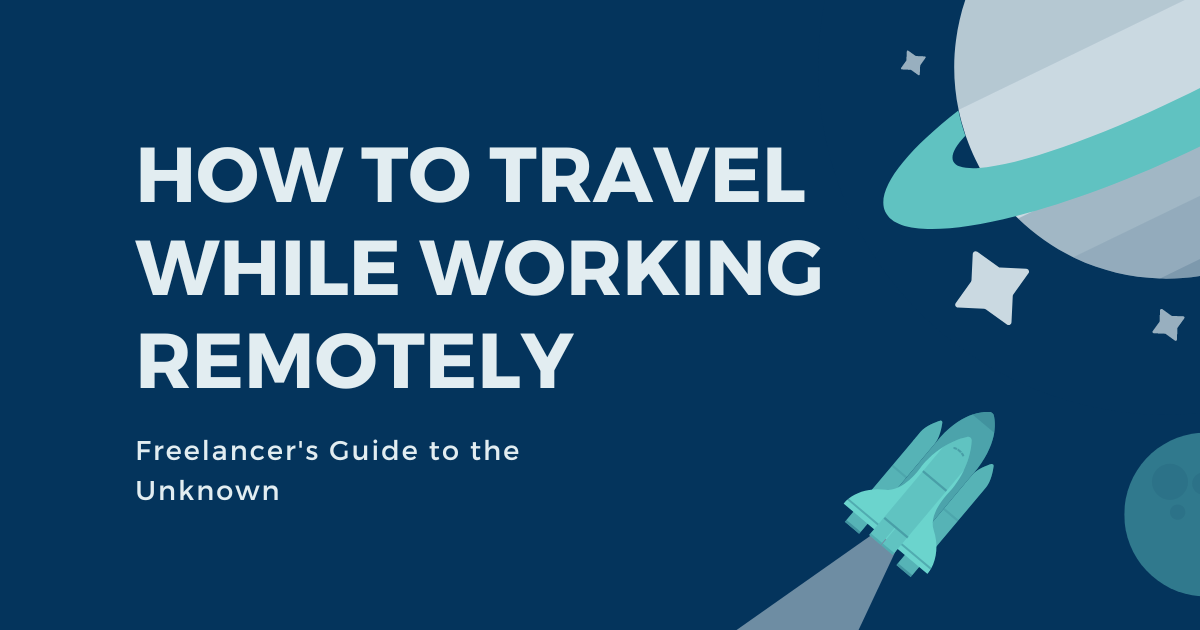

Leave a Reply